Coral skeleton formation rate determines resilience to acidifying oceans
$ 25.50 · 4.5 (613) · In stock
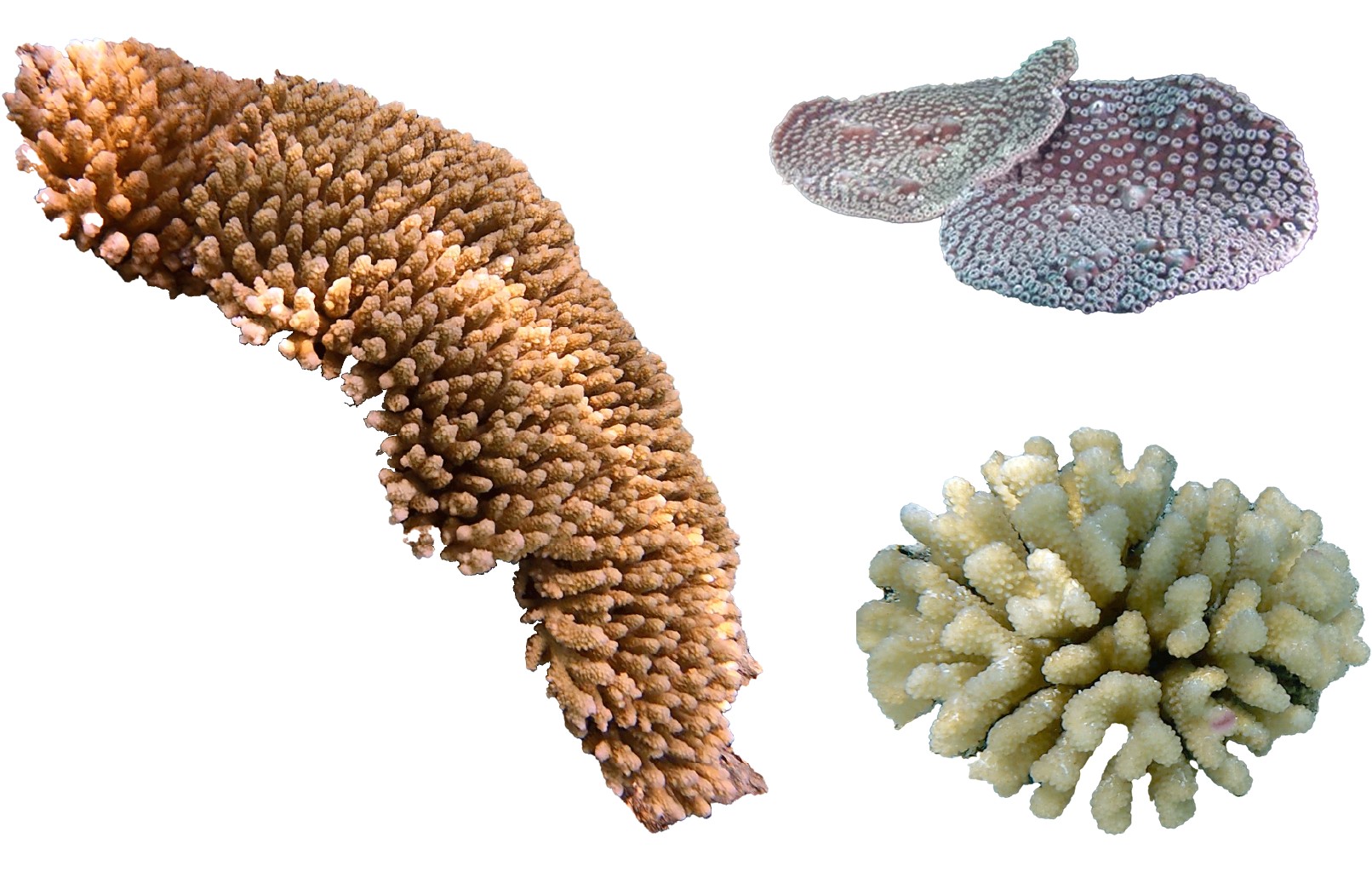
A new UW–Madison study has implications for predicting coral reef survival and developing mitigation strategies against having their bony skeletons weakened by ocean acidification.

Skeletal Growth Response of Porites Coral to Long‐Term Ocean Warming and Acidification in the South China Sea - Kang - 2021 - Journal of Geophysical Research: Biogeosciences - Wiley Online Library
Ocean acidification: summary for policymakers; third Symposium on the Ocean in a High-CO2 World
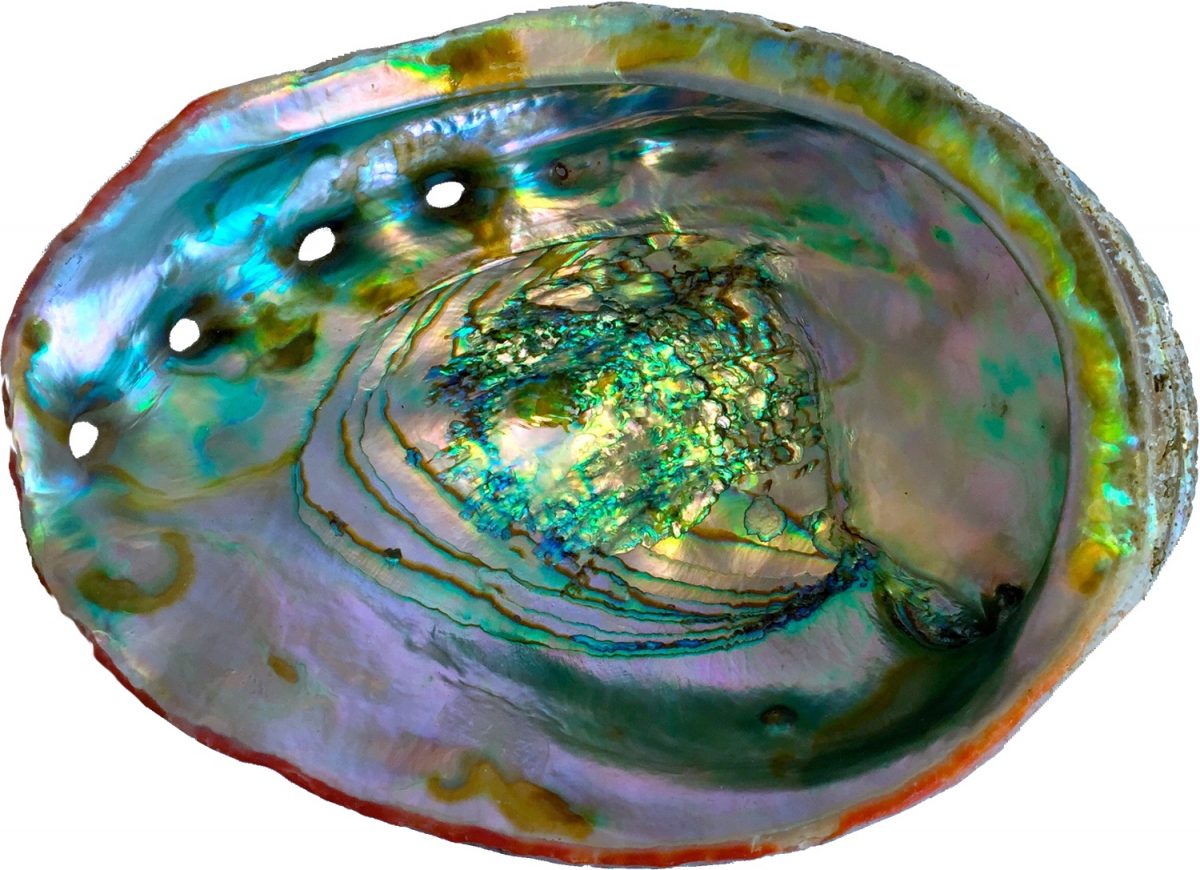
saperdue@wisc.edu – Page 13 – Department of Physics – UW–Madison
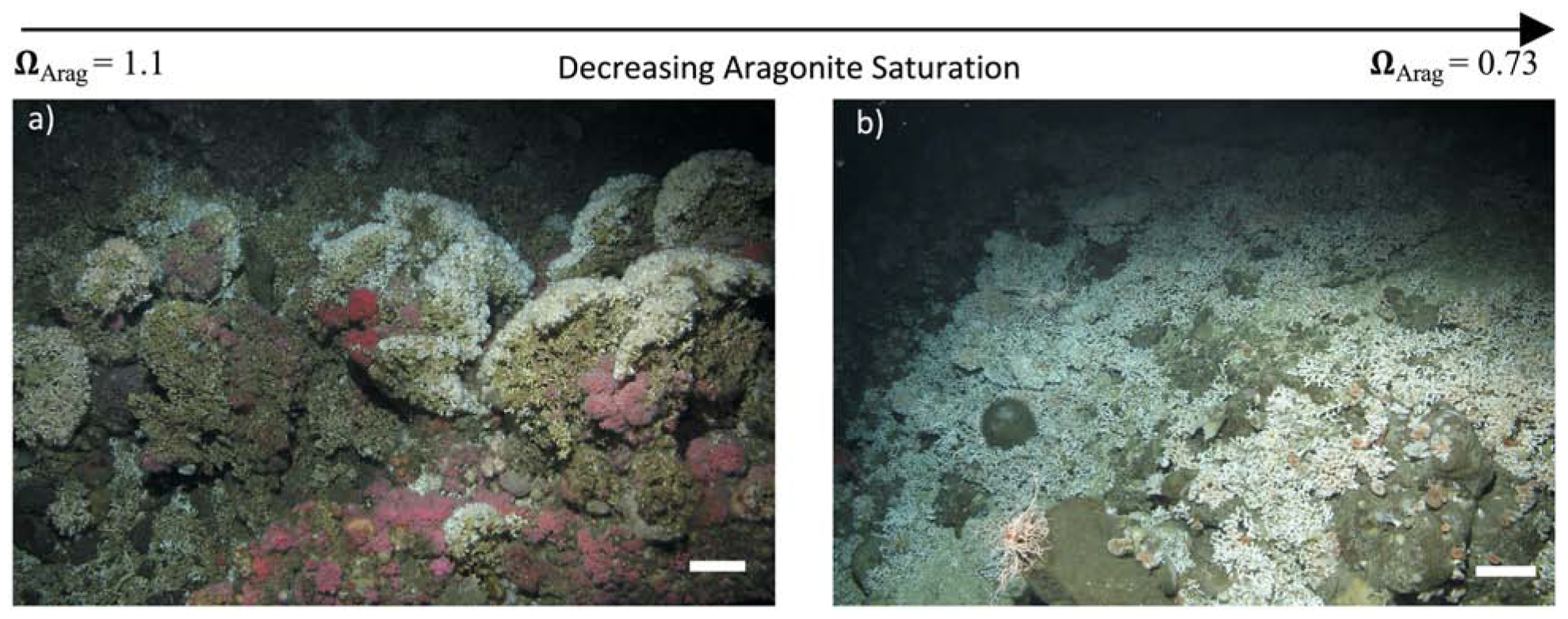
Frontiers Crumbling Reefs and Cold-Water Coral Habitat Loss in a Future Ocean: Evidence of “Coralporosis” as an Indicator of Habitat Integrity
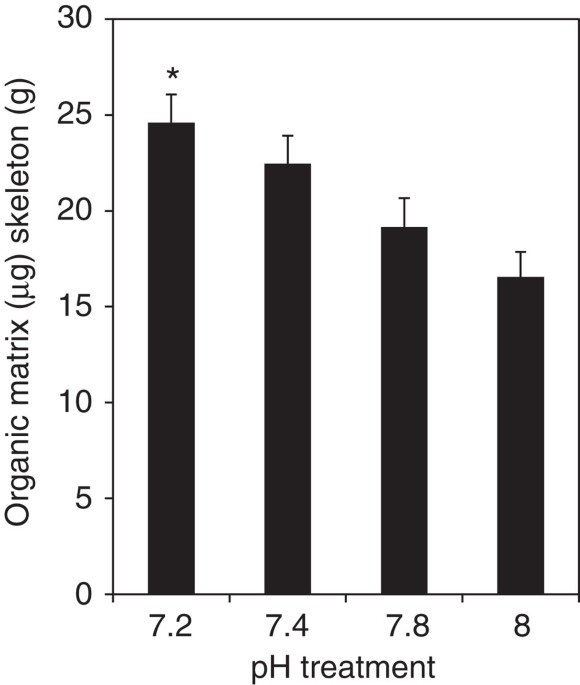
Morphological plasticity of the coral skeleton under CO2-driven seawater acidification

corals – Department of Physics – UW–Madison
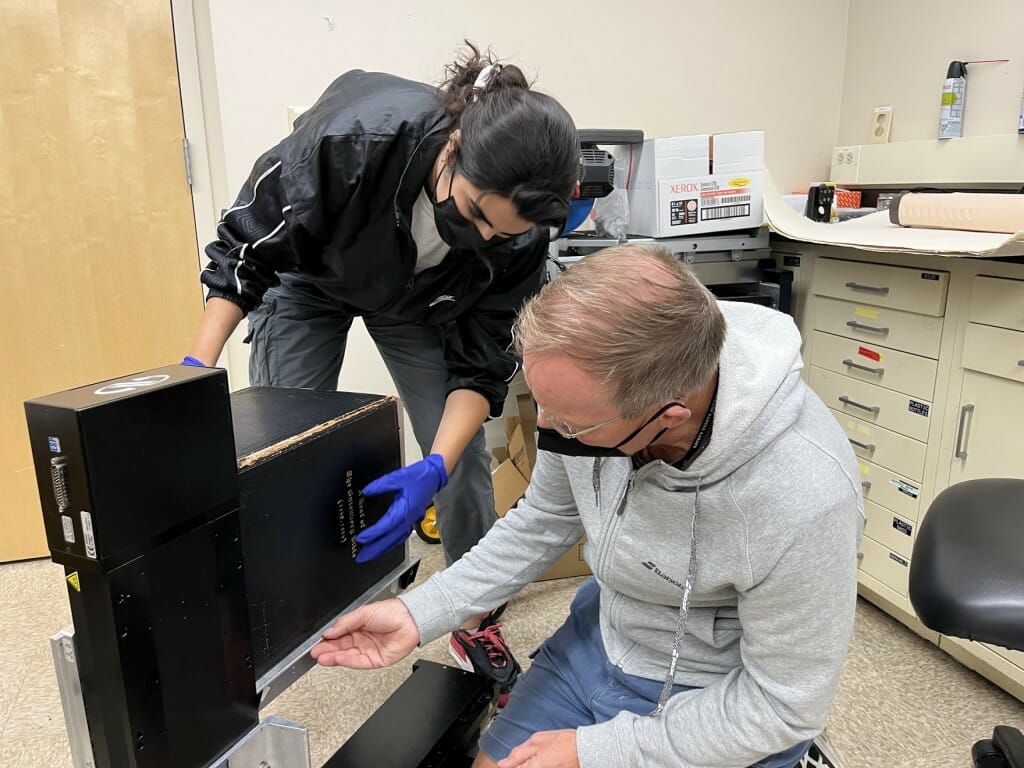
X(ray) marks the spot in elemental analysis of 15th century
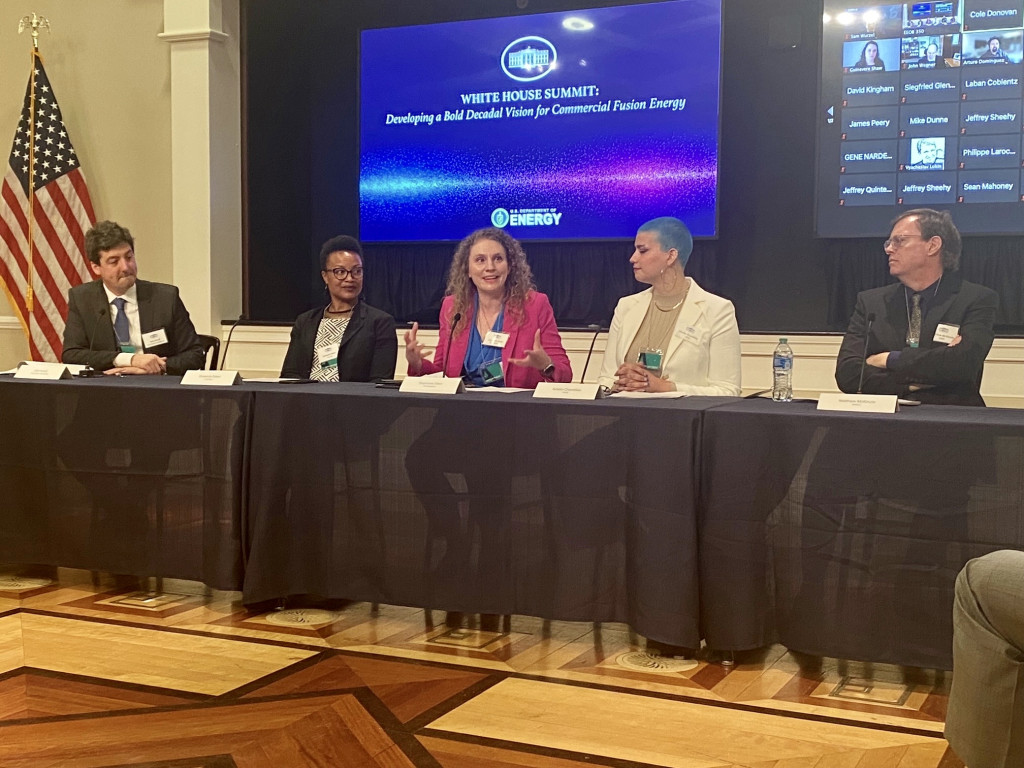
UW–Madison part of effort to advance fusion energy with machine

Coral skeleton formation rate determines resilience to acidifying oceans
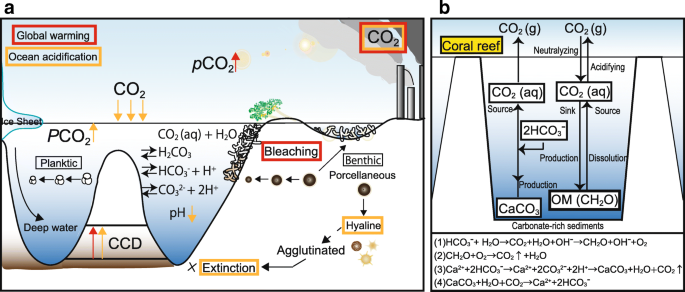
Perspective on the response of marine calcifiers to global warming and ocean acidification—Behavior of corals and foraminifera in a high CO2 world “hot house”, Progress in Earth and Planetary Science

Coral reefs of the Red Sea — Challenges and potential solutions - ScienceDirect

University and Stakeholder News
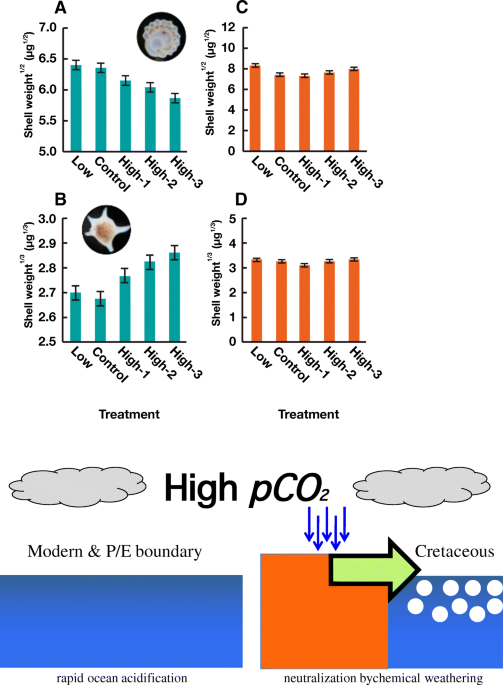
Perspective on the response of marine calcifiers to global warming and ocean acidification—Behavior of corals and foraminifera in a high CO2 world “hot house”, Progress in Earth and Planetary Science
